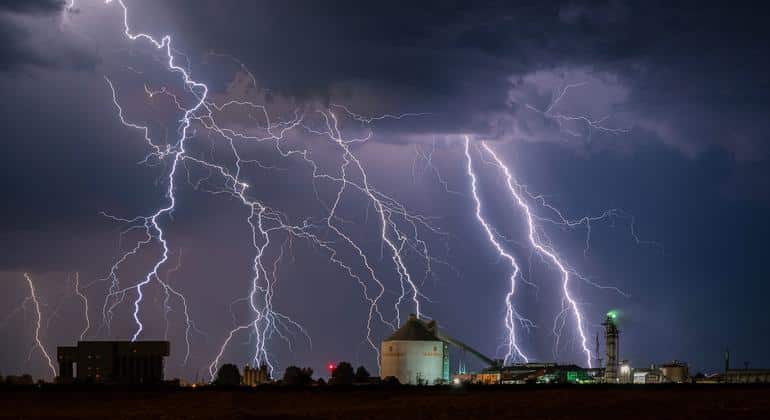The year 2024 has been an unprecedented year in Europe’s climate history, setting a negative record as the warmest ever recorded on the continent. This alarming increase in temperatures has been particularly notable in central, eastern, and southeastern regions of Europe. According to an annual report prepared by the Copernicus Climate Change Service and the World Meteorological Organization, it is confirmed that Europe is the continent warming the fastest, demonstrating the increasingly clear effects of climate change.
Florence Rabier, Director-General of the European Centre for Medium-Range Weather Forecasts, expressed concern about the serious repercussions this warming will have on extreme weather conditions. “Every fraction of a degree of temperature increase is important because it accentuates the risks to our lives, economies, and the planet,” Rabier emphasized.
The past year was marked by devastating storms and floods, which claimed the lives of at least 335 people and affected 413,000 citizens across Europe. These floods were the most widespread since 2013, with nearly a third of the river network experiencing significant overflow, posing a high risk to the population.
The climatic conditions have been very contrasting on the continent. While the east suffered record droughts, the west faced one of the rainiest years since 1950. The situation was exacerbated by devastating forest fires in Portugal, where 110,000 hectares were burned in just one week, affecting around 42,000 people. Furthermore, 60% of Europe experienced an increase in days of “severe heat stress,” highlighting a concerning trend for ecosystem health.
European glaciers are also suffering the consequences of this extreme climate. The area of land with less than three months of frost has reached the highest level in history, and the number of days with “severe cold stress” has been the lowest recorded. Particularly, the glaciers of Scandinavia and Svalbard have experienced an unprecedented loss of ice mass.
Faced with this critical situation, Rabier emphasized the urgency for countries to adopt climate adaptation measures. Although 51% of European cities already have a specific plan to address this issue, the magnitude of climate change requires faster and more decisive actions to tackle the challenges that the future presents on the continent.
Referrer: MiMub in Spanish










